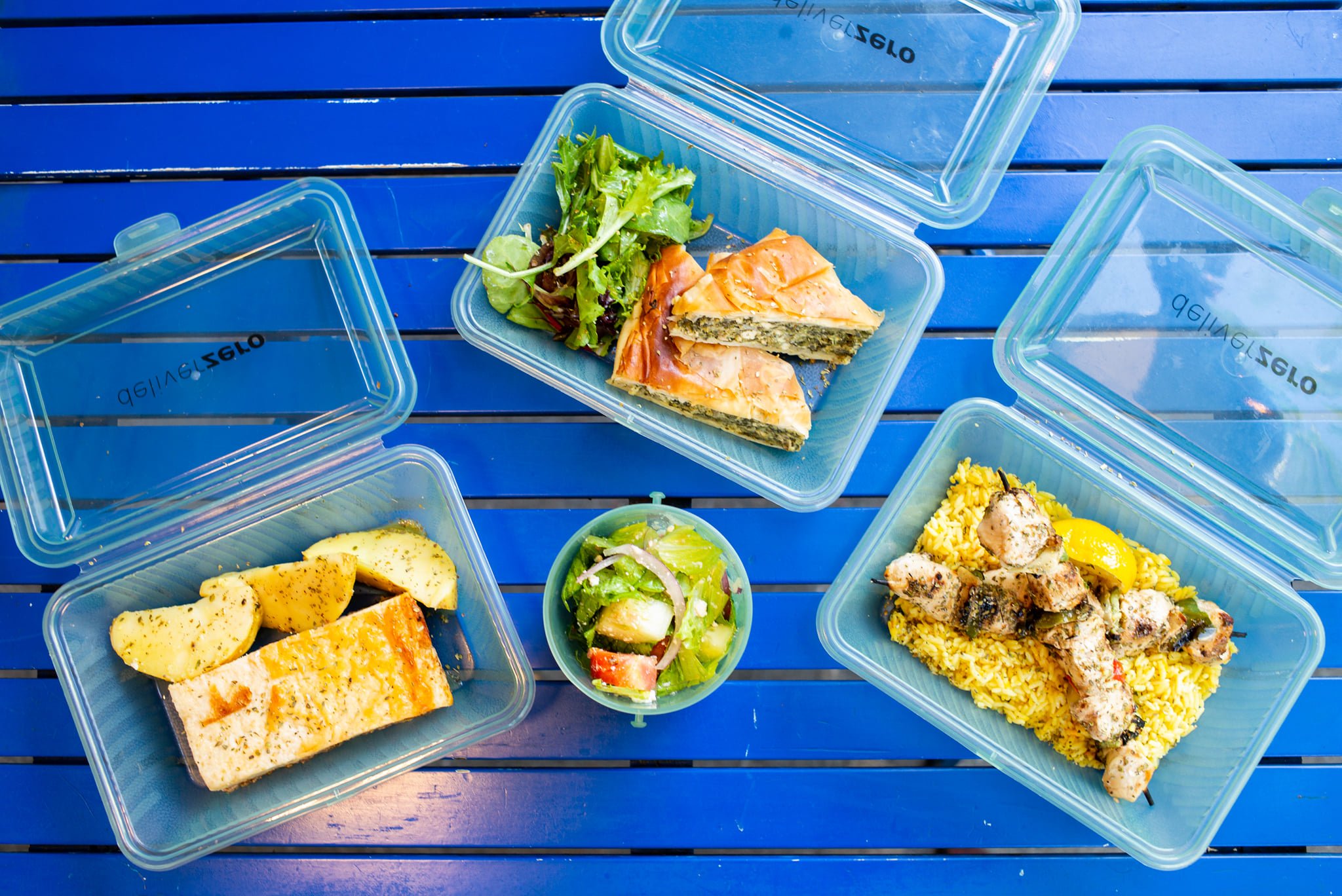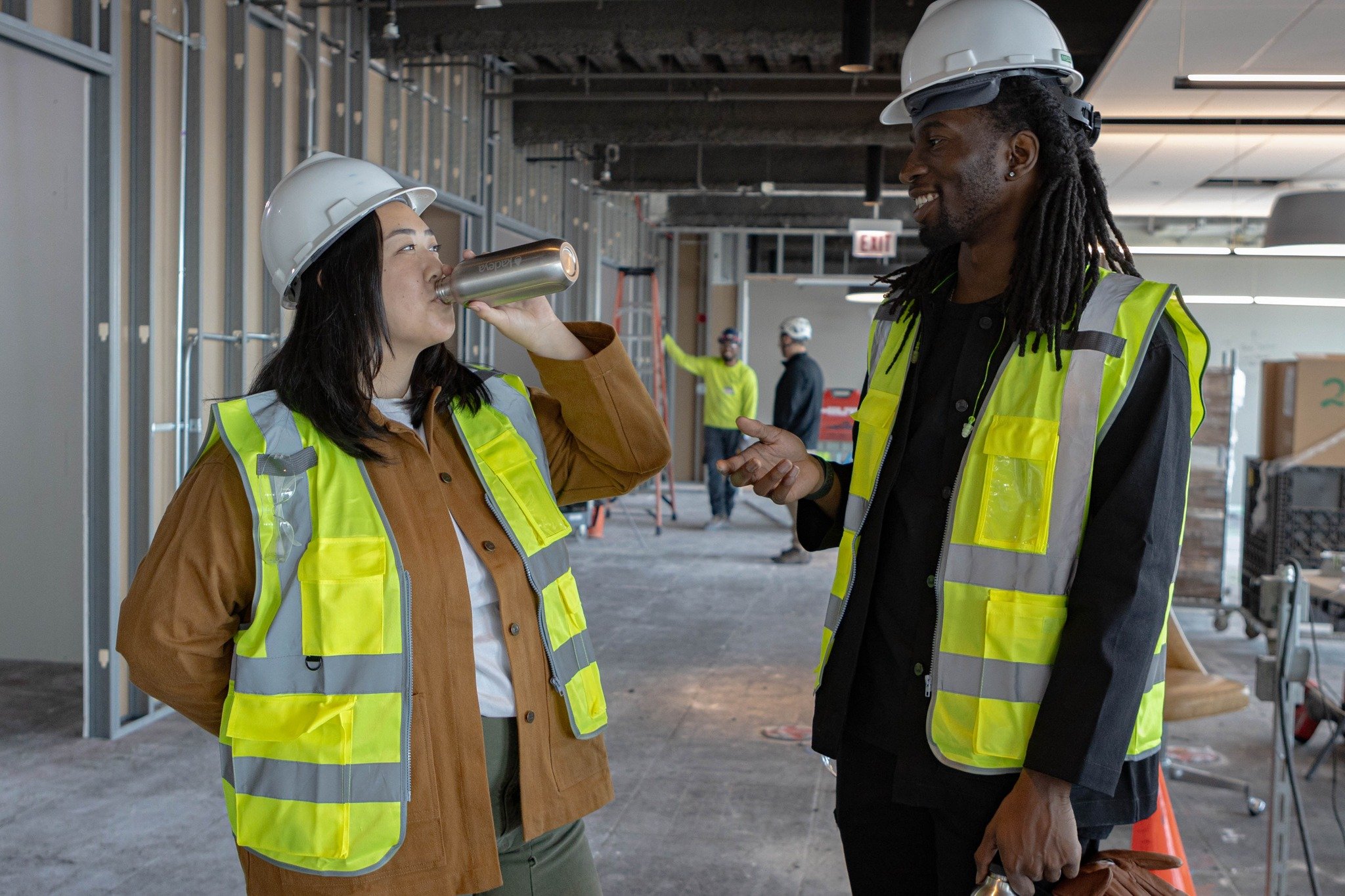The reuse economy
Reuse systems create safe, green, local jobs and keep resources circulating locally while building community wealth.
An incredible array of innovations is making it easier than ever for venues and events, schools and college campuses, corporate offices, and even some cafes and restaurants to bring reusables into food and beverage services. Upstream’s online list of reuse service providers tracks these innovators. On this page, you can learn about some of the types of innovations and reuse models.
Reuse at events and venues
It’s getting easier to hold true zero waste events with all the companies that provide reusable cups and wash them. With its closed-loop operations and large volume, Upstream has identified the sports and entertainment sector as among the most primed for a whole-scale shift to reuse.
Reusable Cup Systems
Lending Libraries
Companies that offer the “Lending Library” system provide an option that is free to the customer. No deposit is required. The retailer cafe or restaurant offers a cup provided by a third party service to customers, who borrow the cup and return it to a participating business. The costs are covered by the retail operator.
In this model, the customer must download an app and provide credit card information. If the cup isn’t returned within a specified period, the customer is charged for the cup.
Deposit Systems
An alternative is the deposit system, in which the customer pays an upfront deposit that is refunded when the cup is returned.
Subscription services
Some systems offer a subscription service wherein customers pay by the month or the year for the service.
Reusable take-out container services
Startup companies have been bravely paving the way in solving the take-out food dilemma with reusable takeout containers, and once we have scale and more interoperability, they will really be able to take off. Sparkl Reusables, Dispatch Goods, and Friendlier are a few that are making tracks.
Meal and grocery delivery
A number of meal delivery services have moved to providing meals in tiffins. Dabba Drop in the UK, Dabbawala in Mumbai, and Planted Table and Dispatch Goods in San Francisco are examples of this service.
Meanwhile The Wally Shop in the UK, Loop in France and Japan, and The Rounds in the parts of the US deliver groceries in reusable containers.
See the Reuse Business Directory and Wash Hub Map for more examples of the businesses comprising the Reuse Economy.
Vending and bulk services
Another important service of the reuse economy includes reverse vending machines for the distribution and return of reusable containers. These include the Tomra system for bottles and the OZZI system, popular on college campuses, for collecting cups and containers.
In the category of bulk dispensing, Tainr is a technology platform that dispenses dry good products (snacks, household, pet) in a packageless format. GoUnpackaged in the UK offers a smart system for bulk shopping – a circular system of reusable capsules that fit the logistics and hygienic standards of supermarket chains.
For beverage dispensing, Bevi is a customized beverage dispenser system for offices that offers sparkling, pure, and flavored water. Boomerang and Kadeya both offer water vending in reusable bottles.
The New Reuse Economy: Resource Library
-
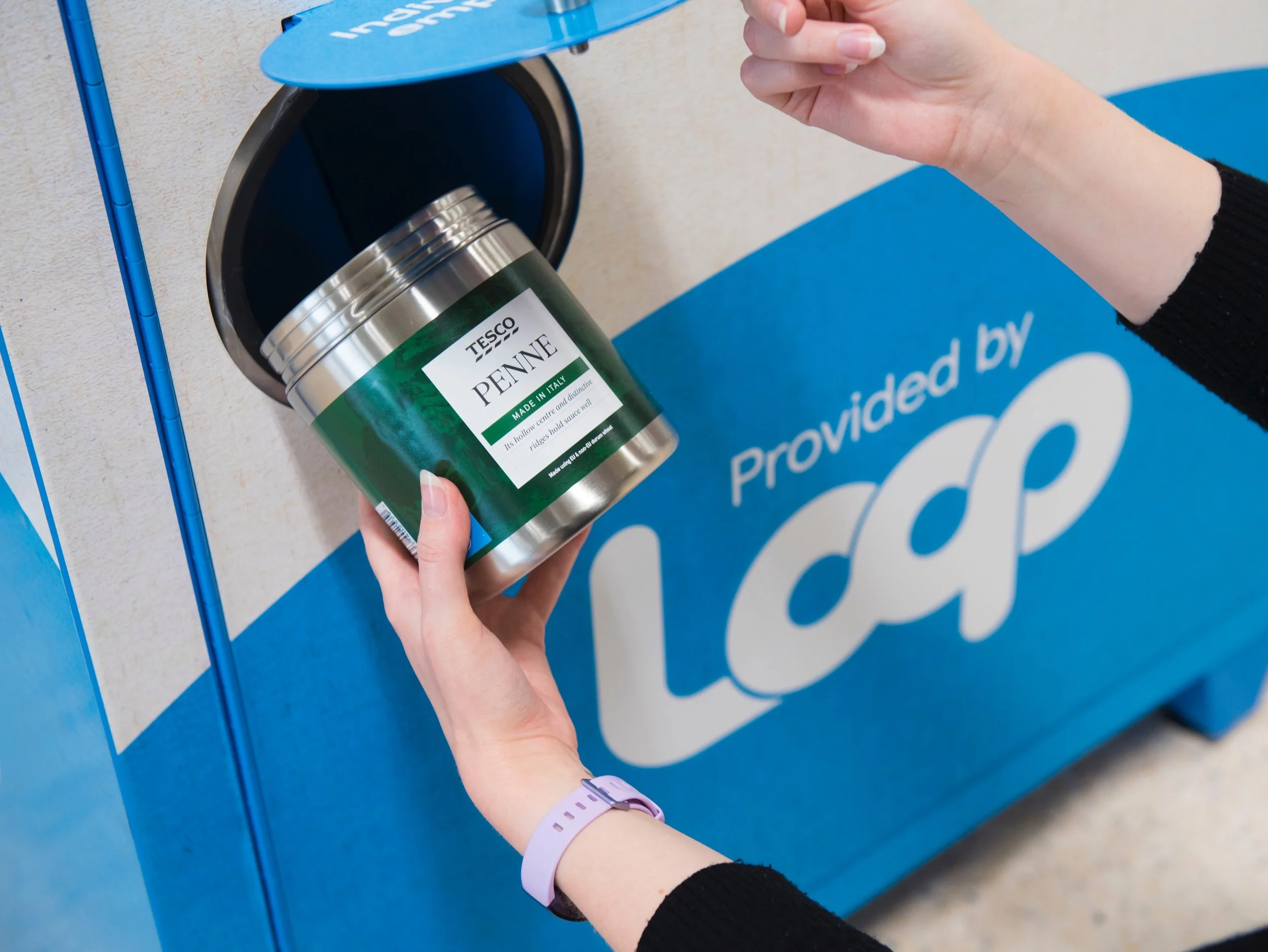
The New Reuse Economy: How reuse systems & services will revolutionize how we consume
-

Reuse Business Directory
-

Wash Hub Map
-

Ellen MacArthur Foundation: Reuse: Rethinking Packaging
-
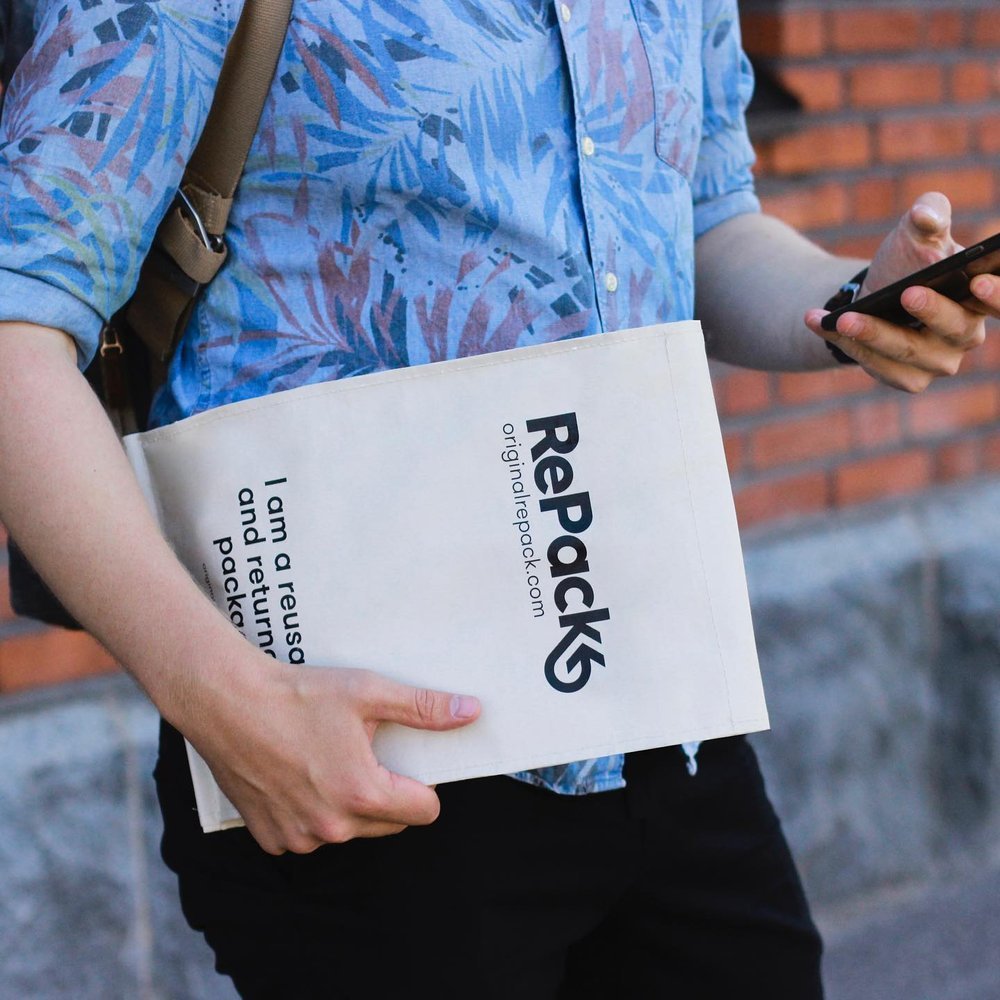
Zero Waste Europe: The Story of RePack
-

Ellen MacArthur Foundation: Upstream Innovations: A guide to reusable packaging
-
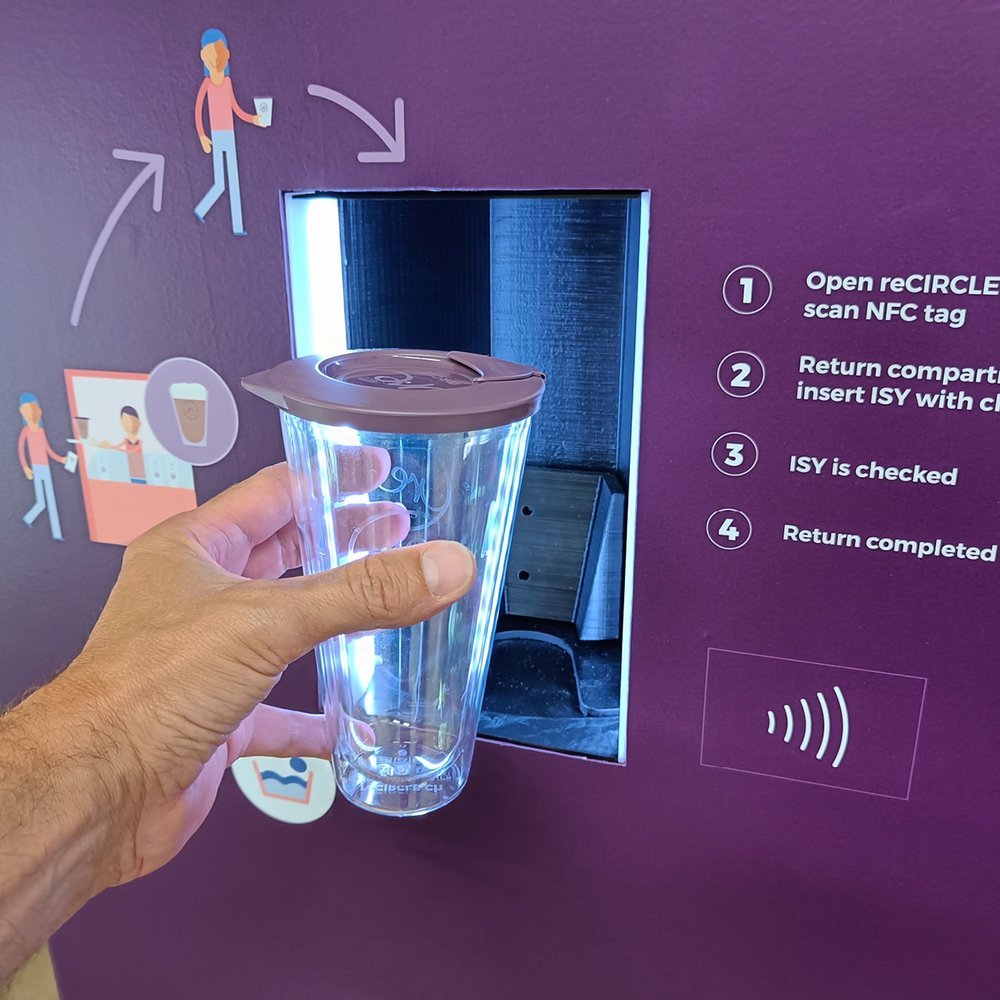
Zero Waste Europe: The Story of reCircle
-
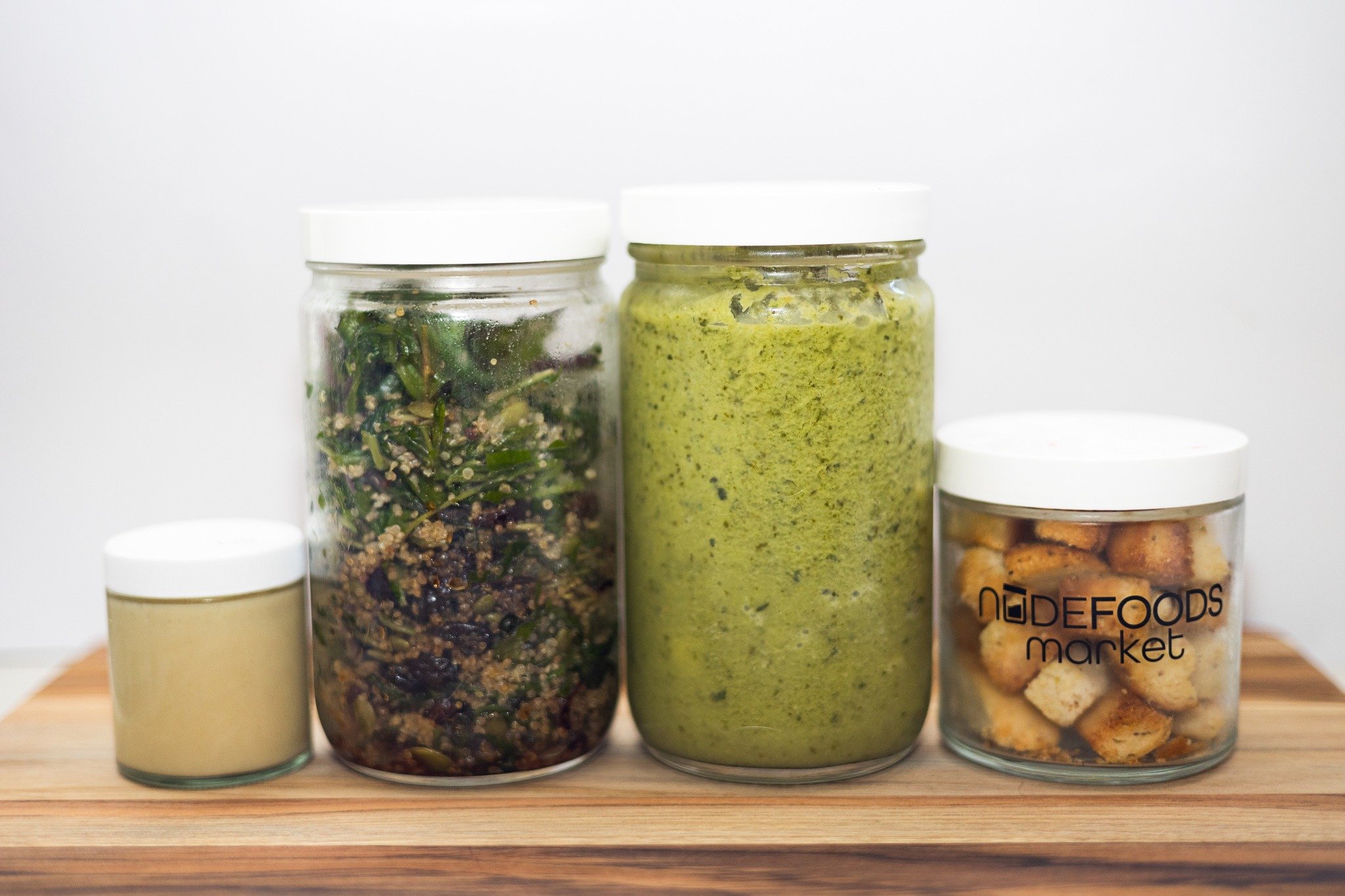
Greenpeace: Reusables are doable
-

Zero Waste Europe: Packaging free shops in Europe, an initial report
-

The reuse systems ladder
-
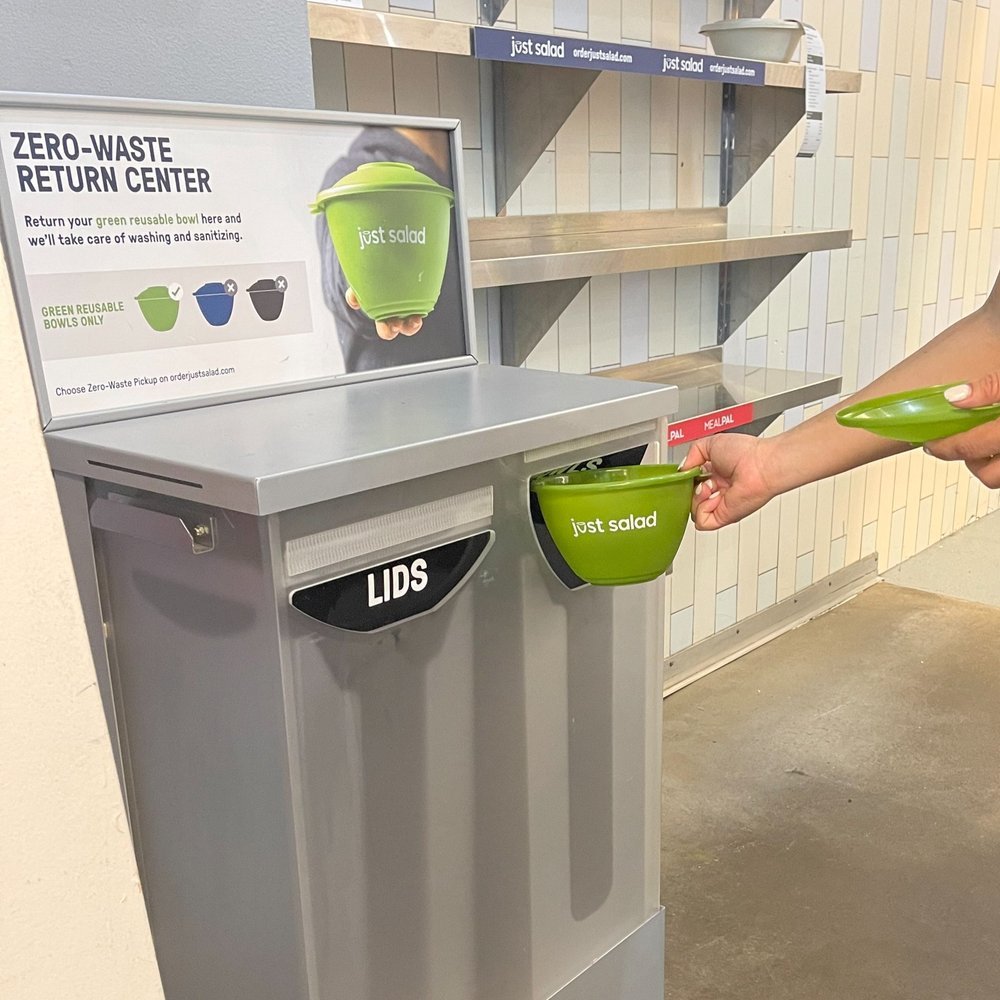
Case Story: Just Salad



